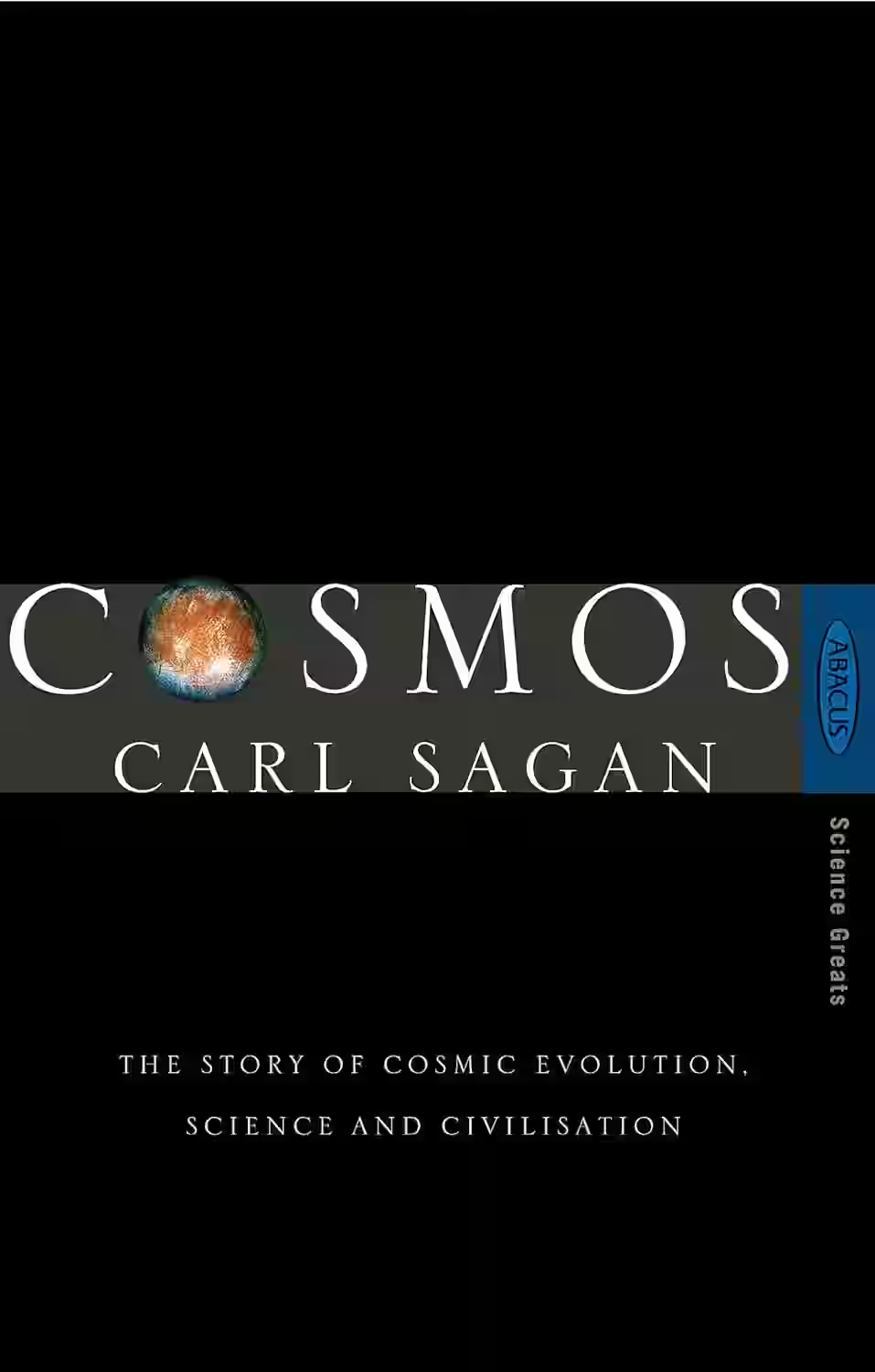
Cosmos
by Carl Sagan
In Carl Sagan's 'Cosmos', readers embark on a thrilling journey through the vast cosmos, exploring the wonders of our universe and humanity's place within it. With profound insight and poetic prose, Sagan delves into topics like space exploration, evolution, and the origins of life, bridging science and philosophy seamlessly. Through this masterpiece, he ignites a sense of curiosity and awe, urging us to ponder our existence and the mysteries of the cosmos. 'Cosmos' not only educates but also inspires readers to embrace science and reason, fostering a greater appreciation for the interconnectedness of all things.
About Carl Sagan
Carl Sagan (1934-1996) was an American astronomer, cosmologist, and astrophysicist whose groundbreaking research and popular science writing captivated millions. Born in Brooklyn, New York, Sagan played a pivotal role in the scientific community, contributing to NASA's space missions and pioneering the search for extraterrestrial life. His best-known work, 'Cosmos,' became a bestselling book and award-winning TV series, making complex scientific concepts accessible to a wide audience. Sagan's eloquent prose and passion for exploring the mysteries of the universe left an indelible mark on literature, inspiring generations to ponder the wonders of the cosmos.
Other Books by Carl Sagan
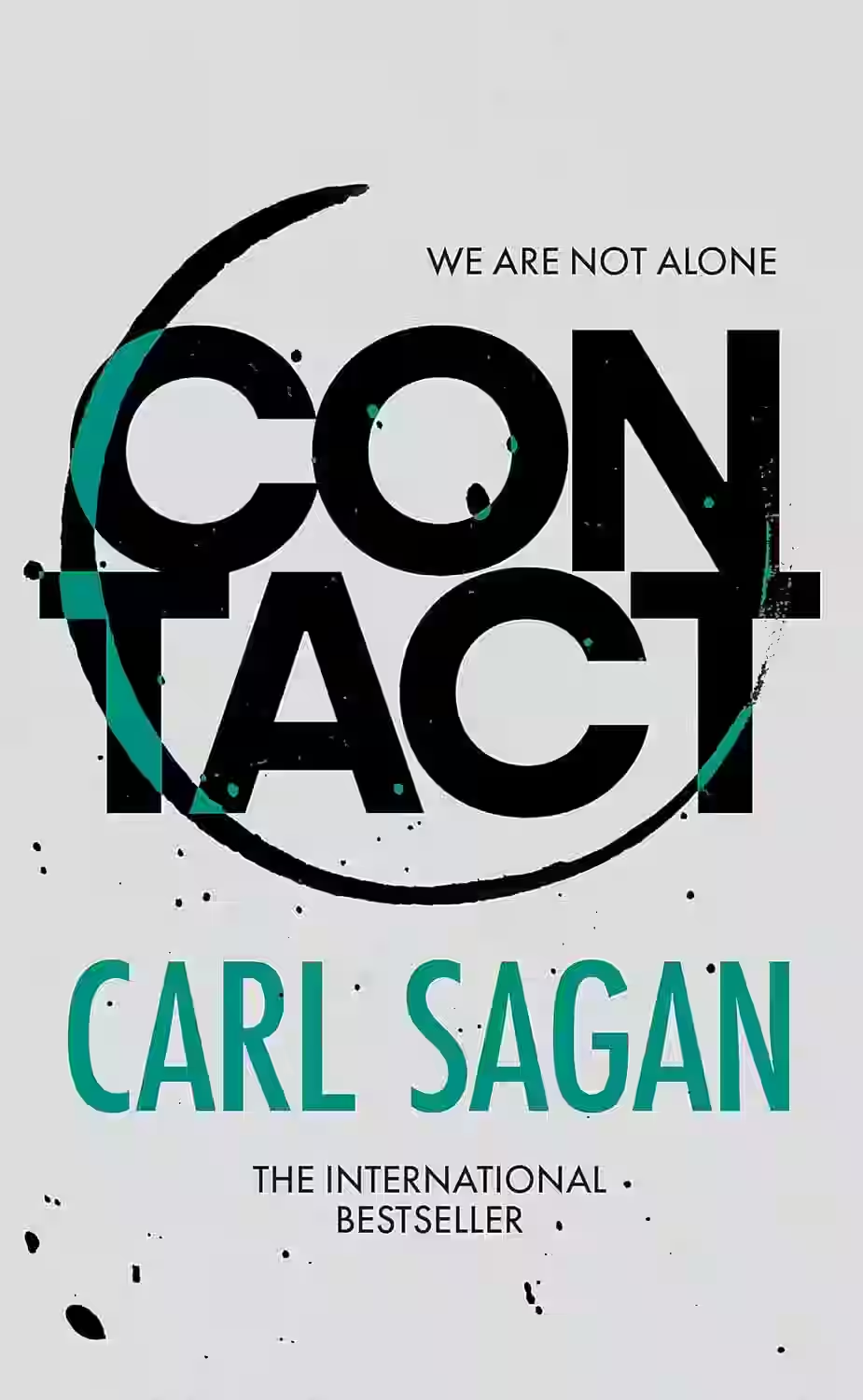
Contact
by Carl Sagan
In Carl Sagan's thought-provoking novel 'Contact,' readers are taken on an exhilarating journey through space exploration, science, and the age-old question of humanity's place in the universe. The story follows Dr. Ellie Arroway, a passionate and dedicated scientist who makes contact with extraterrestrial beings through a mysterious signal from the star Vega. As Ellie navigates the complexities of politics, religion, and the unknown, she embarks on a quest for truth that challenges her beliefs and the very fabric of reality. 'Contact' seamlessly weaves together science and philosophy, offering a captivating narrative that explores the boundless curiosity of the human spirit.
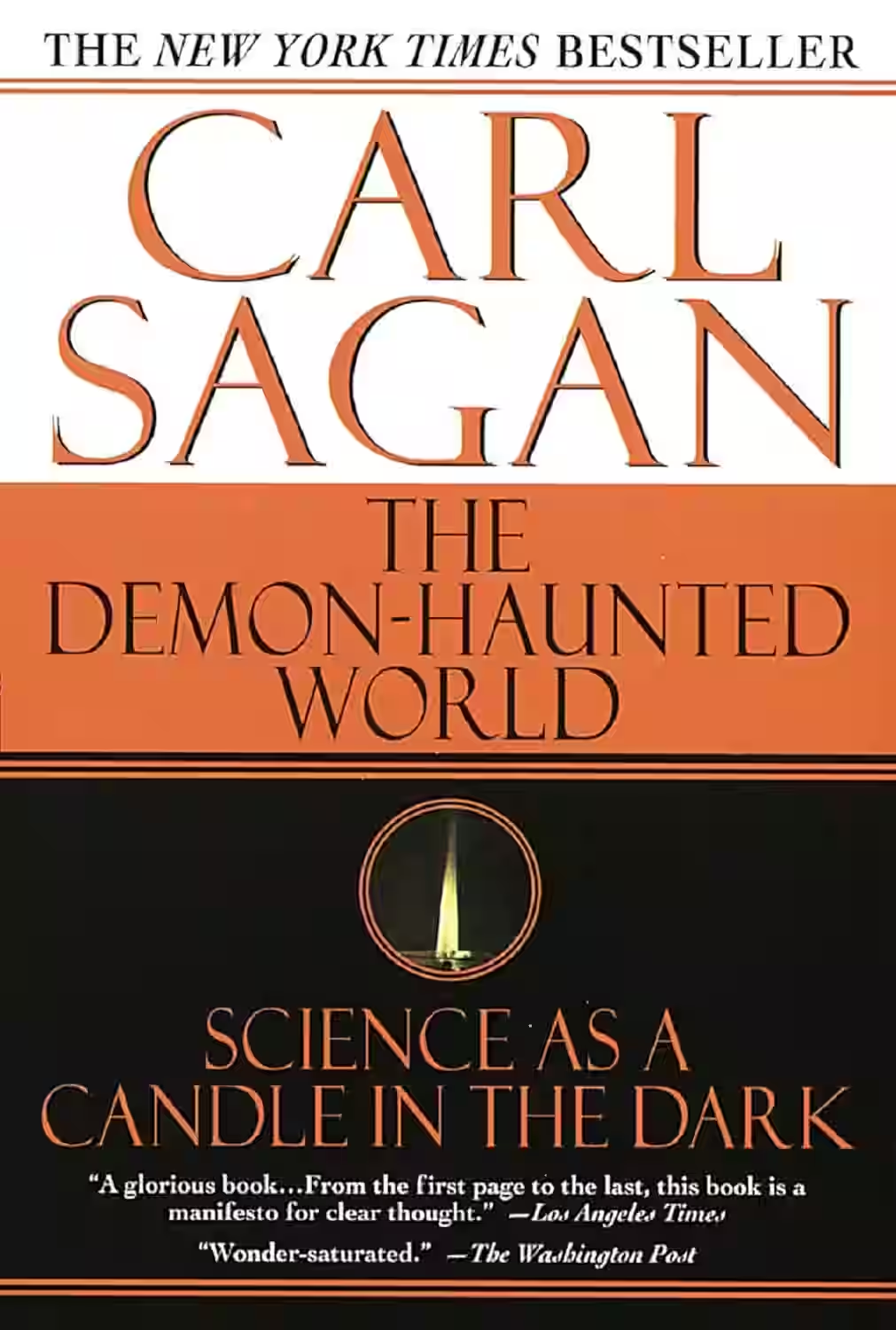
The Demon-Haunted World: Science as a Candle in the Dark
by Carl Sagan
In 'The Demon-Haunted World: Science as a Candle in the Dark', the iconic astrophysicist Carl Sagan explores the importance of critical thinking and the scientific method in a world often plagued by pseudoscience and superstition. Sagan takes readers on a journey through the wonders of the cosmos while also addressing the dangers of ignorance and irrationality. Through captivating anecdotes and compelling arguments, he advocates for a society that values evidence-based reasoning and skepticism. This enlightening book serves as a powerful reminder of the immense potential of science to illuminate our understanding of the universe and combat misinformation.
Similar Books
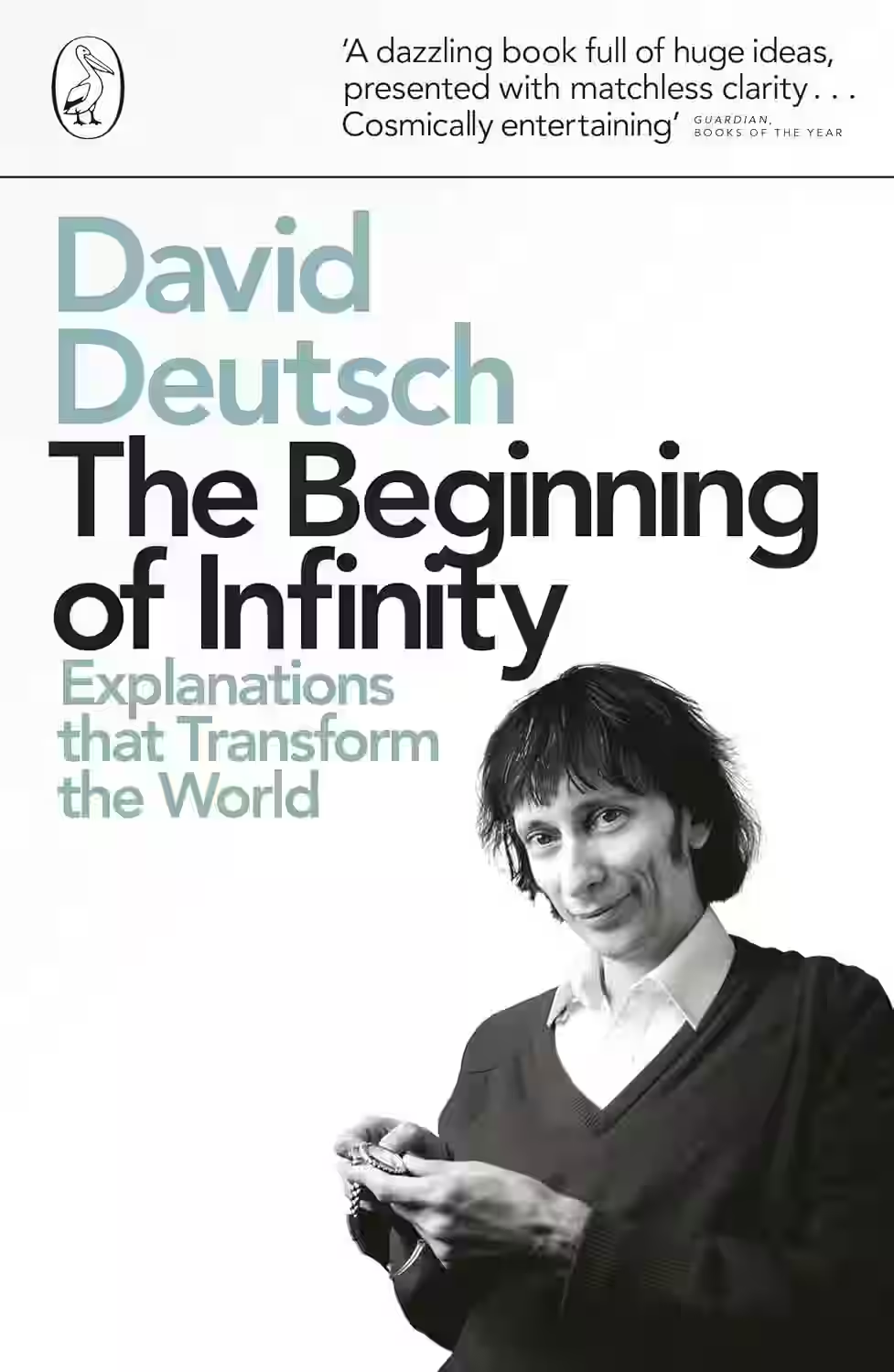
The Beginning of Infinity
David Deutsch's The Beginning of Infinity explores the boundless potential of human knowledge and progress. He argues that through better explanations and critical thinking, humanity can solve problems previously deemed unsolvable. The book delves into topics like quantum physics, philosophy, and the nature of scientific discovery, emphasizing that there are no inherent limits to what we can understand. Deutsch posits that with the right knowledge, we can achieve infinite progress, making this work a profound examination of human potential and the transformative power of ideas.
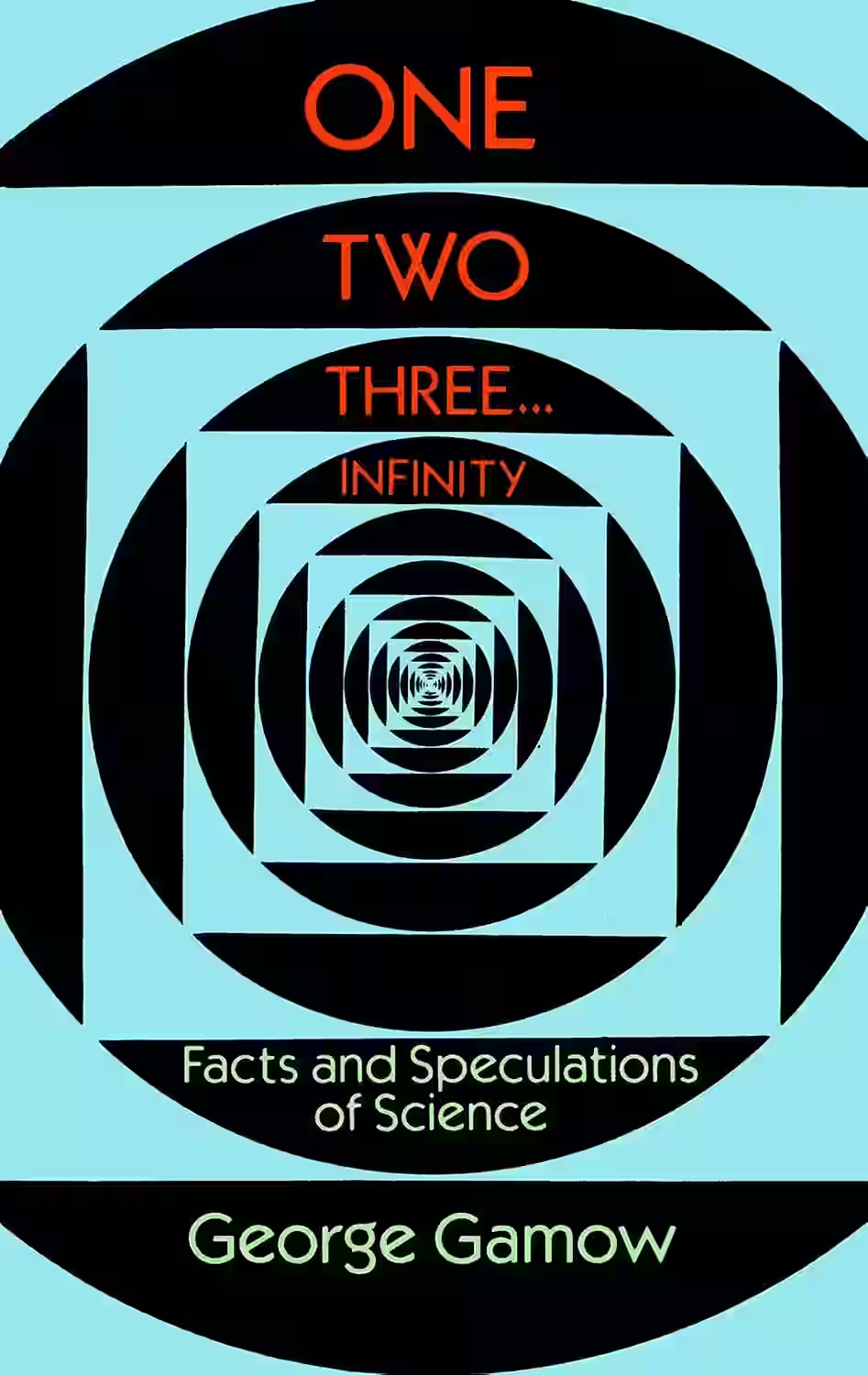
One, Two, Three... Infinity
by George Gamow
This classic science book offers a playful, accessible exploration of fundamental concepts in math and physics. George Gamow—a theoretical physicist and gifted writer—explains topics like infinity, relativity, atomic structure, and probability with humor and clarity. Written for a general audience, the book makes abstract ideas tangible through thought experiments and analogies. First published in 1947, it remains a beloved introduction to scientific thinking and curiosity. Gamow’s enthusiasm for discovery is infectious, making this an inspiring read for both students and adults interested in the wonder of the universe and the logic that underpins it.
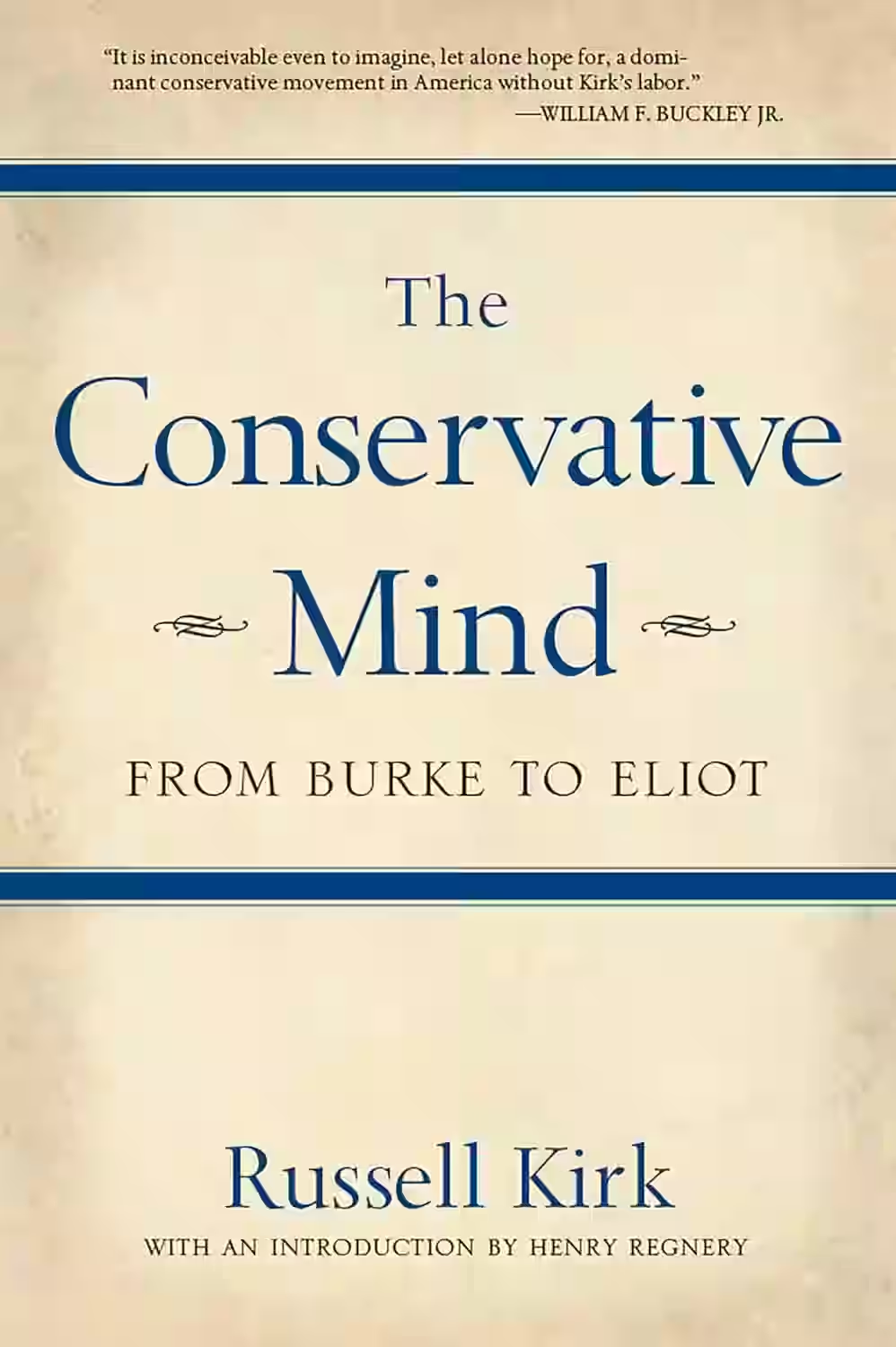
The Conservative Mind: From Burke to Eliot
by Russell Kirk
In 'The Conservative Mind: From Burke to Eliot', Russell Kirk delivers a seminal work that traces the evolution of conservative thought from the 18th to the 20th century. Kirk meticulously examines the ideas of influential figures like Edmund Burke, Alexis de Tocqueville, and T.S. Eliot, shaping a comprehensive narrative of conservative principles that emphasizes tradition, order, and virtue. Through engaging prose, Kirk elucidates how these thinkers laid the intellectual groundwork for modern conservatism, advocating for prudence and a reverence for societal institutions. This book is a must-read for those seeking a deeper understanding of conservatism and its philosophical underpinnings.
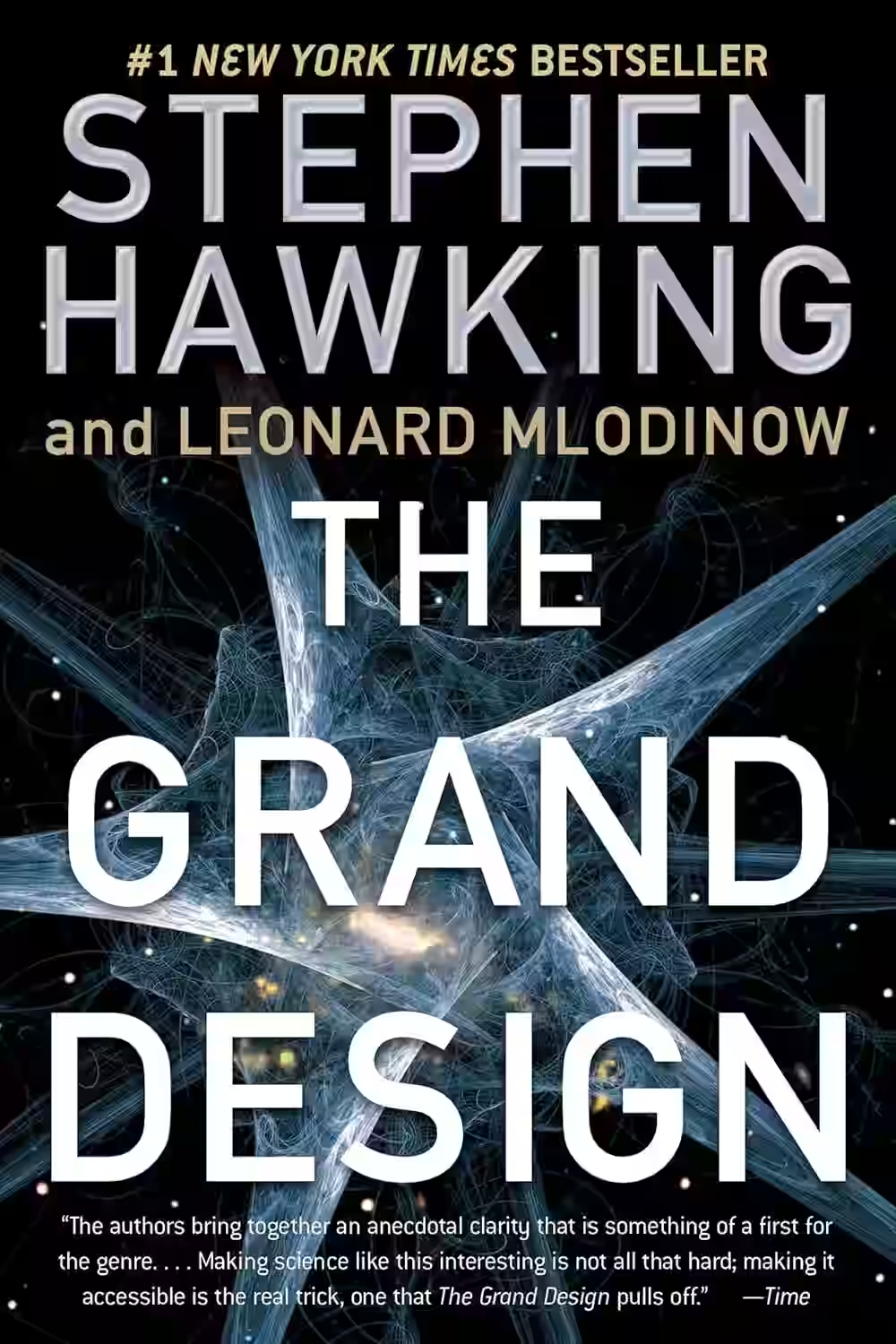
The Grand Design
In 'The Grand Design' by Stephen Hawking, the renowned physicist and author explores the origins of the universe and the fundamental laws that govern it. Through a mix of scientific theories and philosophical reflections, Hawking delves into complex concepts like quantum mechanics and string theory, presenting them in a way that is accessible to readers of all backgrounds. He challenges traditional views on the existence of a divine creator and offers a compelling argument for the universe's spontaneous creation. This thought-provoking book not only stimulates the intellect but also invites readers to ponder the nature of reality and our place within it.